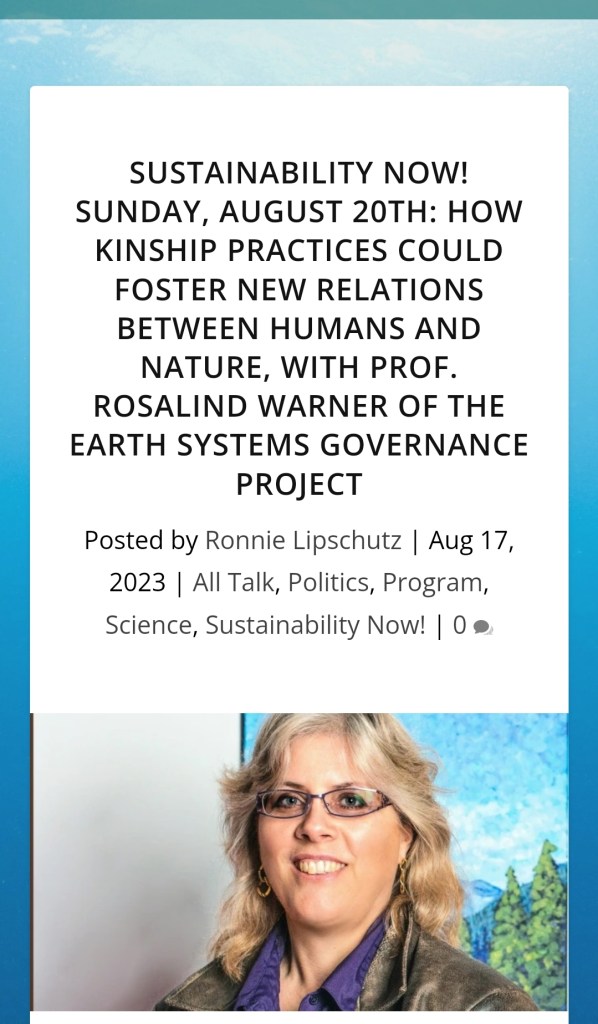About how law can borrow from the language of human rights to foster greater respect and protection for the intrinsic value of the nonhuman world.
Te Awa Tupua (Whanganui River Claims Settlement) Act 2017 No 7, Public Act – New Zealand Legislation. 2017.https://www.theguardian.com/environment/2011/apr/10/bolivia-enshrines-natural-worlds-rights (August 8, 2019).https://www.vox.com/future-perfect/2019/2/26/18241904/lake-erie-legal-rights-personhood-nature-environment-toledo-ohio (August 8, 2019).https://www.theguardian.com/environment/2020/jan/25/yellowstone-wolf-project-25th-anniversary (February 14, 2020).https://www.irishexaminer.com/lifestyle/outdoors/richard-collins/kamikaze-tree-has-key-to-survival-53684.html (February 14, 2020).https://thereader.mitpress.mit.edu/2020-the-year-of-robot-rights/ (February 14, 2020).http://www.kelownadailycourier.ca/news/article_e2a5f54a-5c88-11e7-92c9-2b85dc01e30b.html (February 14, 2020).https://www.newscientist.com/article/mg23331180-500-this-bird-has-flown-unravelling-the-mysteries-of-bird-migration/ (February 14, 2020).https://www.cambridge.org/core/product/identifier/S0897654600004226/type/journal_article (August 8, 2019).http://booksandjournals.brillonline.com/content/10.1163/156853511×574478 (March 16, 2018).https://www.wakefieldpress.com.au/files/extracts/Exploring_Wild_Law_extract.pdf (February 12, 2019).https://heinonline.org/HOL/Page?handle=hein.journals/nzjpubinl13&id=165&div=15&collection=journals (February 18, 2019).http://www.mdpi.com/2079-9276/7/1/13 (February 26, 2019).https://global.oup.com/academic/product/sentientist-politics-9780198789802?cc=ca&lang=en&# (August 9, 2019).http://faculty.washington.edu/timbillo/Readings and documents/Wilderness/Cronon The trouble with Wilderness.pdf (February 12, 2019).http://doi.wiley.com/10.1111/j.1467-9388.2012.00744.x (August 8, 2019).http://w2.vatican.va/content/francesco/en/encyclicals/documents/papa-francesco_20150524_enciclica-laudato-si.html (March 16, 2018).http://www.tandfonline.com/doi/full/10.1080/02646811.2014.11435355 (August 26, 2019).https://www.cambridge.org/core/books/matter-of-history/fellow-travelers/1D24A77976FFE24180C98E54E7112473 .http://10.0.4.69/jel/eqx026 .https://www.ecologyandsociety.org/vol23/iss1/art7/ (August 8, 2019).http://doi.wiley.com/10.1111/apv.12140 (February 9, 2018).https://www.hcn.org/issues/47.1/should-nature-have-standing-to-sue (April 25, 2018).http://www.emeraldinsight.com/doi/10.1108/IJLBE-10-2016-0016 (February 9, 2018).






You must be logged in to post a comment.